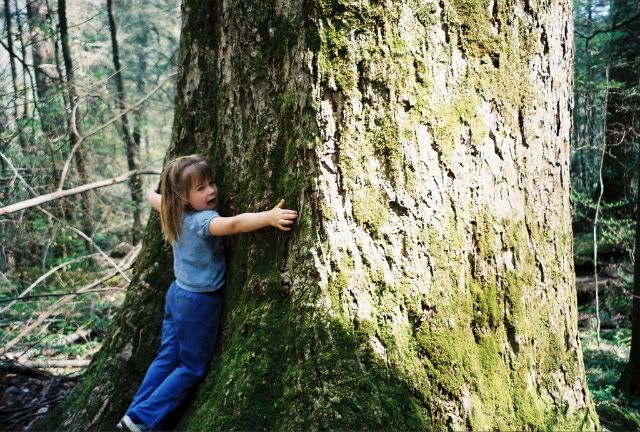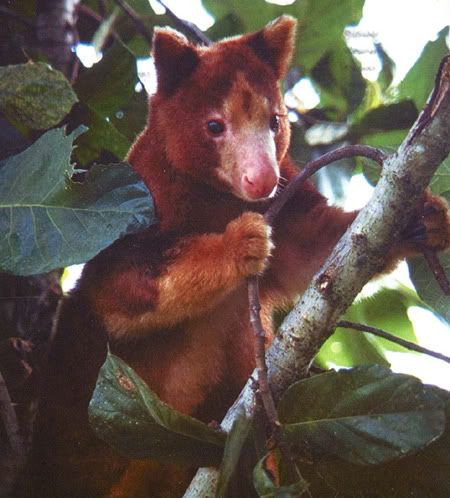
Fast isn't always good. Species, for instance, are estimated to be heading towards extinction at a rate of about one every 20 minutes. That's a pace a thousand times faster than the norm during Earth's history. That's not just fast, that's out of control. And it's definitely not good.
This situation is directly tied to two issues – habitat destruction and climate change. In the same 20 minutes, we will destroy 1,200 acres of forest and emit 180,000 tons of carbon dioxide into the atmosphere worldwide. Less forest cover means fewer acres of habitat for species and more climate-changing carbon in the atmosphere. As climate, landscapes, and oceans change, species must move or adapt. Those that can't simply die out.
Saving species is our specialty. We led the first-ever Global Amphibian Assessment, studying the status of every known amphibian. Currently, we're working with our partners on similar assessments of marine species including sharks, rays, and reef corals as well as terrestrial mammals. As part of the IUCN-World Conservation Union (IUCN) Red List team, our research is central to identifying benchmarks on how dire each species situation is.
Once we understand a species' conservation (or threat) status, then we know how to help. Our studies help identify which species are threatened, where they occur, and what threatens their survival. With that knowledge, we find ways to act that can begin to reverse the population declines which lead to extinction. At Mount Nimba, an Alliance for Zero Extinction (AZE) site along the borders of the Ivory Coast, Liberia, and Guinea in West Africa, CI worked with the government of Liberia and several other partners to declare the site, develop management infrastructure, and provide funds to ensure the protection of the East Nimba Nature Reserve. This site is the highest priority site in Africa, holding two mammal and four amphibian species – all highly threatened, all found nowhere else. By protecting this single site, we have stopped the immediate threats that lead to the extinction of these unique West African species. And now that we have succeeded in halting these threats, we can begin to develop a plan to increase their numbers within the reserve.
On another front, our Stop the Clock campaign continues to collect signatures to present to policymakers from around the world, making it clear that people from every corner of the Earth understand the importance of species survival and demand an end to species extinction. Your signature will help motivate world leaders to implement responsible conservation policies to mitigate climate, and maintain forest and ocean habitats to ensure species survival.
{Source}

{Images Linked/Programming by DPC}
Assorted links:
Conservation Africa
Department of Conservation New Zealand
Australian Conservation Foundation
European Centre for Nature Conservation
Russian Conservation News
Conservation Asia
ECO System Conservation Society - Japan

